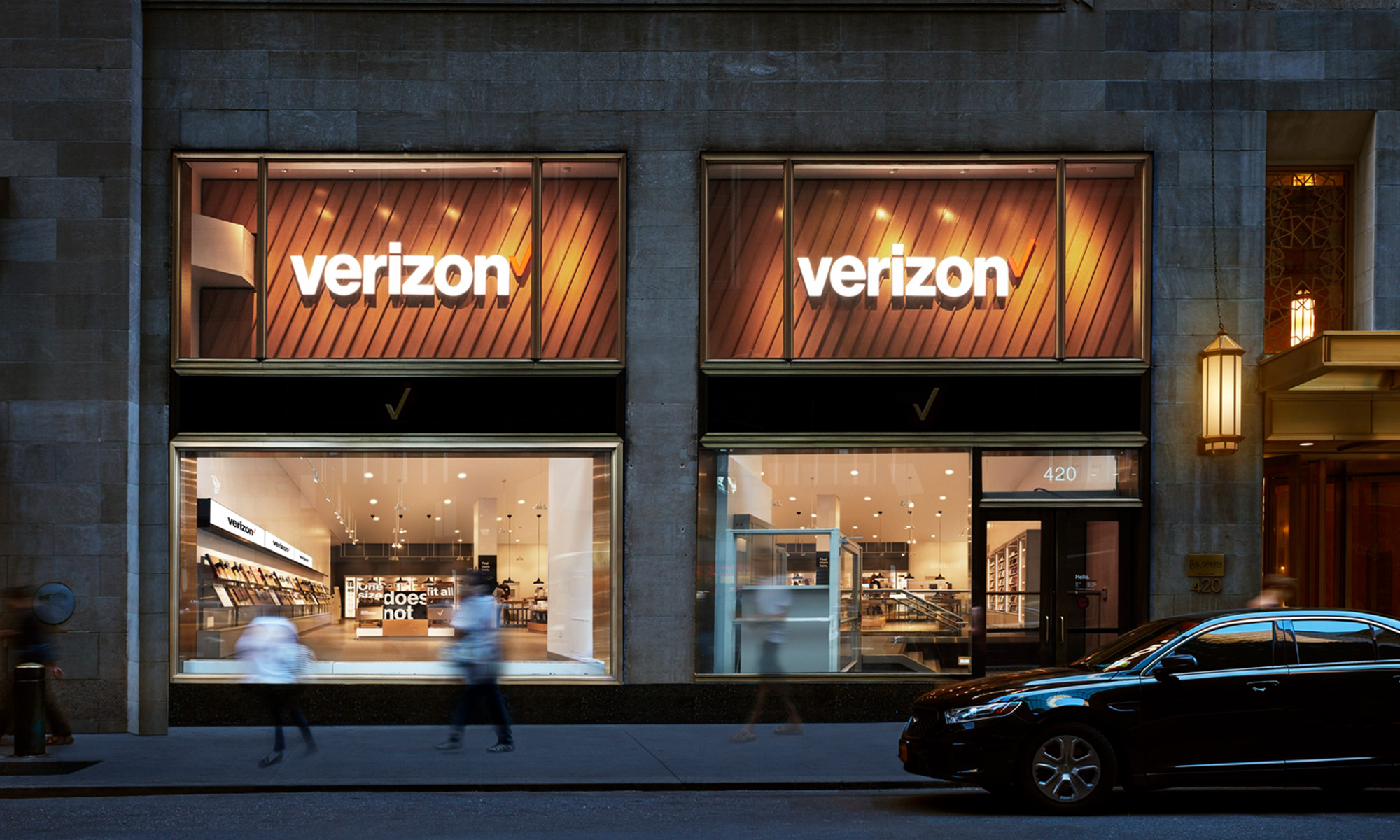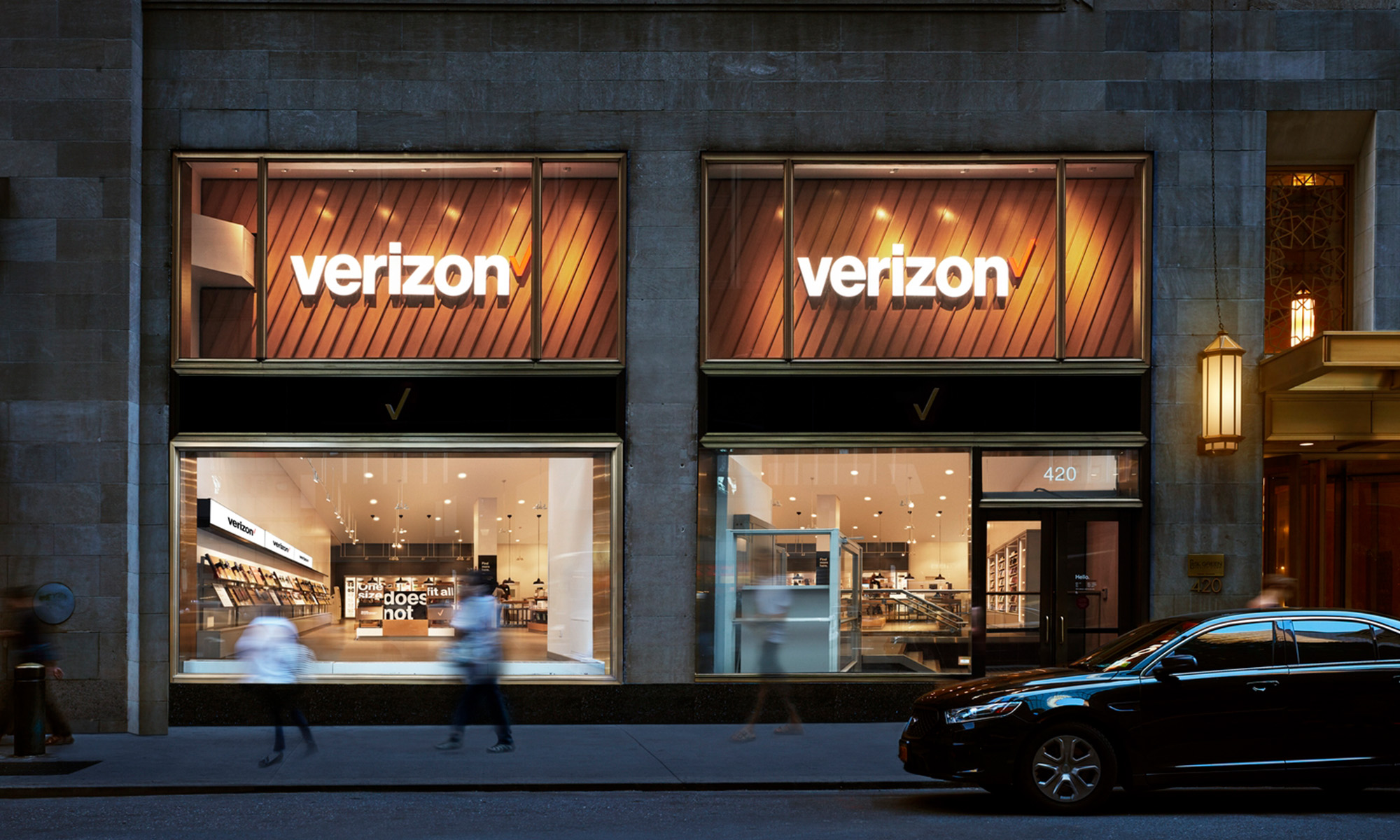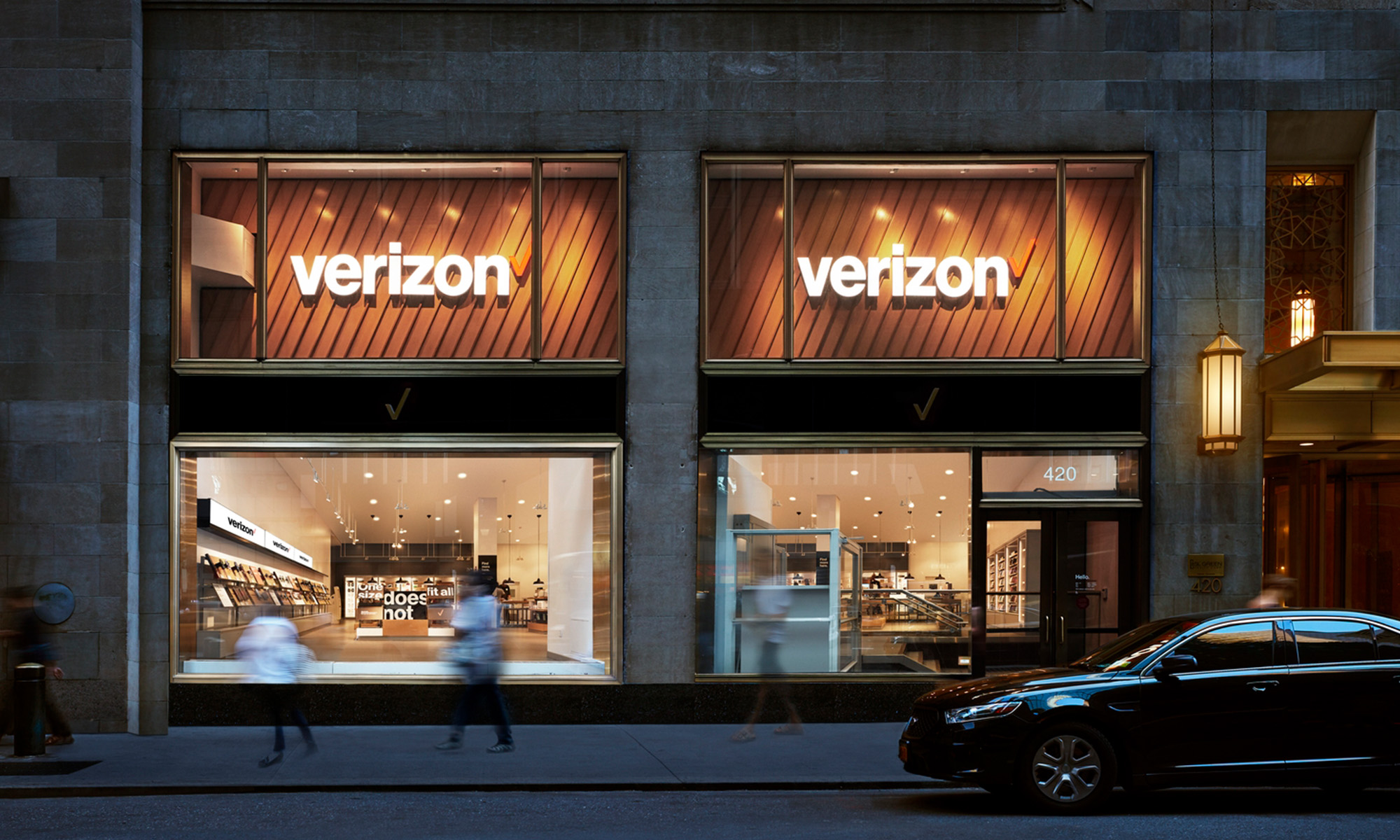Every day, Wall Street analysts upgrade some stocks, downgrade others, and "initiate coverage" on a few more. But do these analysts even know what they're talking about? Today, we're taking one high-profile Wall Street pick and putting it under the microscope...
The news is out and the stock is up: Deutsche Bank loves Verizon Communications (VZ +0.30%).
This morning, analysts at German megabank Deutsche announced they're upgrading the American telecommunications giant to buy. Deutsche is also assigning the shares a $56 price target that implies new investors can expect to earn about a 17.5% profit on their shares -- on top of an already rich 4.9% dividend yield.
Here's what you need to know.

Image source: Getty Images.
Verizon stock looks cheap
With a share price barely six times the profit it earned last year, Verizon is a stock that was bound to attract value hunters eventually (I'm honestly surprised it took Deutsche Bank so long to notice.) But is this stock cheap enough to buy?
Based on trailing-12-month results, Verizon stock sells for 6.3 times earnings. This certainly sounds cheap, but investors need to bear in mind that about $10 billion of Verizon's profit last year came from tax reform -- a one-time event that's unlikely to repeat anytime soon. This year, analysts are predicting that Verizon's profit will fall back by about 38% in comparison to 2017, to $18.6 billion, or about $4.49 per share.
Granted, this would still leave Verizon stock selling for a pretty reasonable-sounding 10.7 times current-year earnings -- but that's not nearly as cheap as Verizon looks in the rearview mirror. What's more, over the next five years, analysts are only expecting Verizon to grow its profits at a plodding 2% annually.
Deutsche says Verizon stock is cheap
Make that most analysts, because if you ask Deutsche Bank, Verizon stock really is as cheap as it looks -- and perhaps growing faster, to boot.
Verizon's wireless communications (i.e., cellphones) division accounts for more than 69% of the company's revenue, and essentially all of Verizon's pre-tax profit, according to data from S&P Global Market Intelligence. In today's note, covered on TheFly.com, Deutsche argues that the fundamentals of Verizon's wireless business are "meaningfully improving."
Deutsche calls out Sprint and T-Mobile as the two biggest factors that have been disrupting the wireless industry lately (by offering better prices than Verizon would like to charge). These two companies are merging, however. One way to look at this is that, by merging, Sprint and T-Mobile are creating a larger competitive threat to Verizon's wireless business. But another way to look at it is that, by removing a competitor from the field, they could be decreasing pricing pressure on everyone who remains.
In fact, that's how Deutsche Bank is looking at the merger. Deutsche is predicting that we'll see improved revenue growth as seen as Verizon's Q2 earnings announcement, due out next month. Although profits will probably still fall this year, TheFly reports that Deutsche is predicting that "Verizon's Q2 results [will] reflect a return to normalized service revenue growth year-over-year for the first time since late 2014."
A promise of profits
Wireless is the biggest part of Verizon's business, as I've already noted -- but it's not Verizon's only business. On top of a revival in wireless, Deutsche is also betting investors will enjoy "upside optionality" (i.e., a potential increase in profits not already reflected in the stock's price) if Verizon's business benefits from the coming wave of 5G wireless technology. Potentially as much as 200 times faster than existing 4G LTE mobile tech, it stands to reason that Verizon will be able to charge higher prices for better service as 5G rolls out.
Additionally, the billions of dollars Verizon has poured into building an internet content service called "Oath" out of its purchases of AOL and Yahoo!'s internet businesses has yet to bear fruit -- but here, too, Deutsche sees potential. Oath isn't yet a big enough business to register as more than a rounding error on Verizon's income statement, but if the company succeeds in building a viable business out of the odds and ends it's acquired, there's potential "upside" to be found there as well.
The upshot of all this "upside" for investors
Is Deutsche Bank right to be recommending Verizon stock? With the shares up less than 2% over the past 52 weeks -- a gain that arrived today, in response to Deutsche's upgrade -- it seems many investors remain unconvinced, and to be honest, I'm one of them.
On the one hand, paying 6.3 times earnings for a 4.9% dividend yield and 2% growth sounds like it should be a safe bet. On the other hand, I can't help but notice that even with all the tax breaks and what-have-you, Verizon still generated less than $12 billion in real free cash flow over the past year. Weighed against the company's $196 billion market capitalization, that values Verizon stock at a 16.5 times free cash flow (more if you factor Verizon's $118 billion in net debt into the equation).
To me that seems too rich a valuation for a company with a 2% growth rate, even if the developments Deutsche is hoping for have the potential to create another percent or two of "upside." For the time being, and until I see evidence of stronger growth materializing, I cannot recommend Verizon stock.






